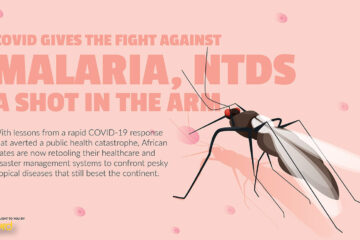THOMAS MUKOYA
STYLIST Julia Wanja picks her way delicately through piles of food waste, discarded masks, rubber gloves and other rubbish at Nairobi’s Dandora dumpsite, looking for used hair extensions she can clean and resell to customers.
The pandemic means fewer clients with less money and she is cutting down on costs by cleaning and reselling hair from the dumpsite.
Officials direct trucks to dump their loads depending on where the waste has come from. Domestic and commercial waste – which includes bags of hair extensions discarded by other salons – goes to different sections. Medical waste is usually incinerated.
“I have fewer customers,” the mother of three told Reuters from her wooden stall near the Dandora dumpsite as vehicle horns blared in the background. “If you are not going to work, there is no need to style your hair.”
Wanja said she washes the used hair extensions carefully using detergent, Dettol and hot water. Most of her customers trust her to wash the hair well, she said, although a few like to clean it themselves as well.
Like other scavengers, she wears a mask to sort through the trash.
“We cannot allow anyone to enter the dumpsite without a mask on,” fellow scavenger Denis Githaiga said, as he ripped through piles of plastic bags.
Wanja has been selling second-hand hair since 2008, but says there is more demand now since many people cannot afford new extensions.
“New hair is more expensive than second-hand hair,” the 38-year-old said. “People don’t have money.”
Wanja’s customers say as long as the hair has been cleaned, they do not mind where it is from. The hair looks new: long, luxuriant locks hang from the walls in Wanja’s stall, or are perched on a battered styrofoam head.
“The hair bought new from a shop and bought used only differs in price. But once it is plaited, there is no difference,” said Cecilia Githigia as Wanja’s fingers worked a weave into her hair. – Thomson Reuters Foundation.
ADVERTISEMENT













